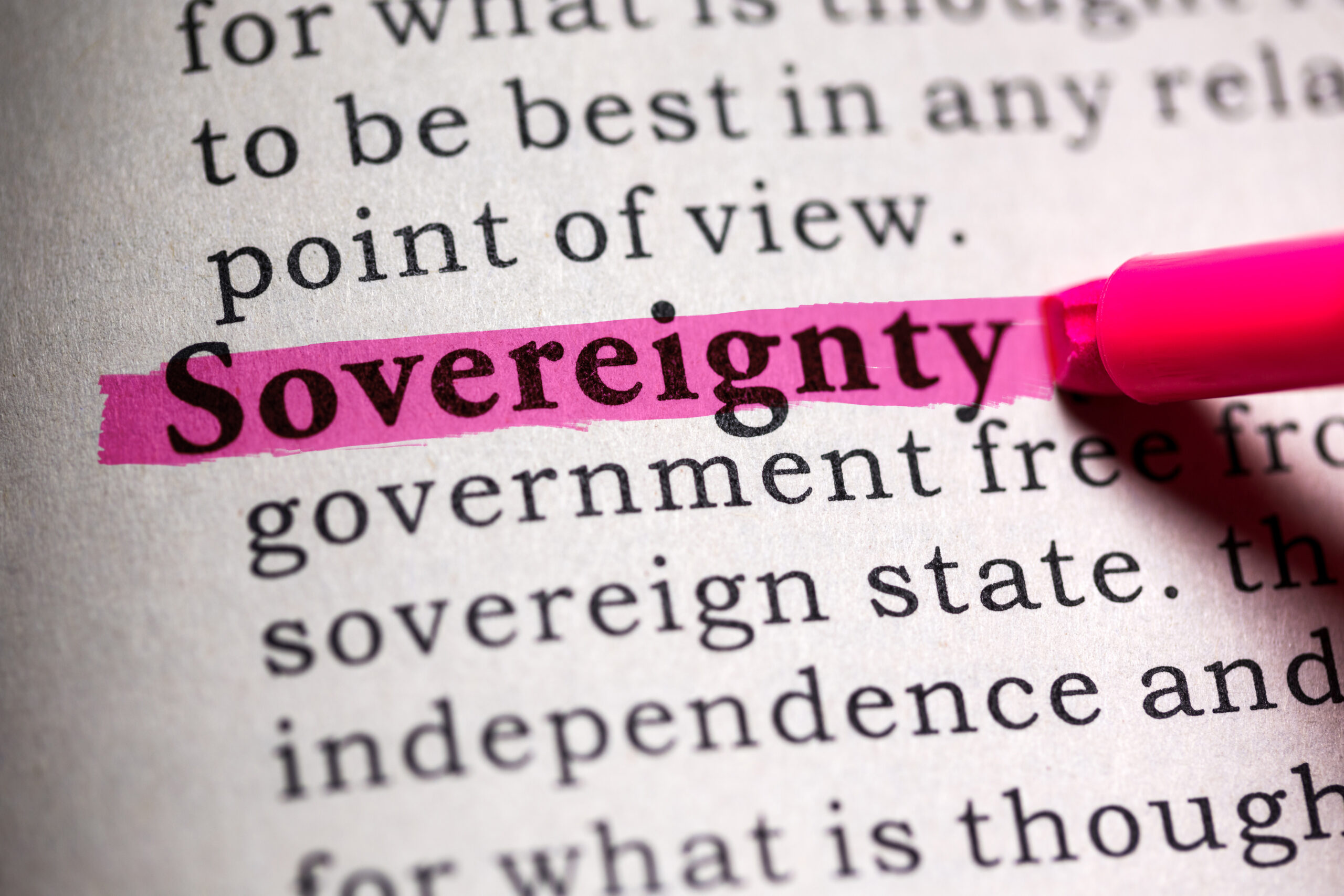The Supreme Court has just ruled in a case called Financial Oversight and Management Board for Puerto Rico v. Centro de Periodismo Investigativo. The case involves the question of sovereignty.
The Centro, or CPI, asked the Board to produce some documents and the Board refused. CPI, knowing that freedom of information is part of Puerto Rico’s Constitution, sued. The Board claimed sovereign immunity. The case was kicked upstairs to the Supreme Court.
What is sovereign immunity?
It’s not easy to sue a state or a country. In fact, people can’t sue the United States or any of the 50 states without the consent of the government. The Board claimed that they could not be sued because they were part of the government of Puerto Rico.
Under a 2016 law called the Puerto Rico Oversight, Management, and Economic Stability Act, or PROMESA, Puerto Rico is under the financial management of the Financial Oversight nd Management Board, or FOMB. The Board is, according to previous decisions by the Supreme Court, part of the government of Puerto Rico.
“This Court assumes without deciding that Puerto Rico is immune from suit in United States district court, and that the Board partakes of that immunity,” the court’s opinion starts off.
Where does that assumption lead?
“This Court has often held that Congress must make its intent to abrogate sovereign immunity ‘unmistakably clear in the language of the statute,’” the court continues. They determined that there was nothing in the PROMESA bill which specifically said that the Board didn’t have sovereign immunity, so it does.
“As thus framed,” said the court, “the question asks only about abrogation, while taking the Board’s underlying immunity as a given.”
Justice Thomas dissented, saying that the board never had immunity to begin with. “CPI made Puerto Rico’s lack of state sovereign immunity its lead argument,” he wrote. “[A]ll sides agree that Puerto Rico is a Territory, not a State.”
No sovereignty
Justice Thomas referenced the Sanchez Valle case, which made it clear that Puerto Rico does not have the sovereignty of a state.
Some news sources are reporting that the “Supreme Court ruled that Puerto Rico has sovereignty” but this is not the case. The court specifically said that they “assume without deciding.” Justice Thomas disagrees with the decision to make that assumption, but was clear that “all sides agree” that Puerto Rico does not have the sovereignty of a state.








No responses yet